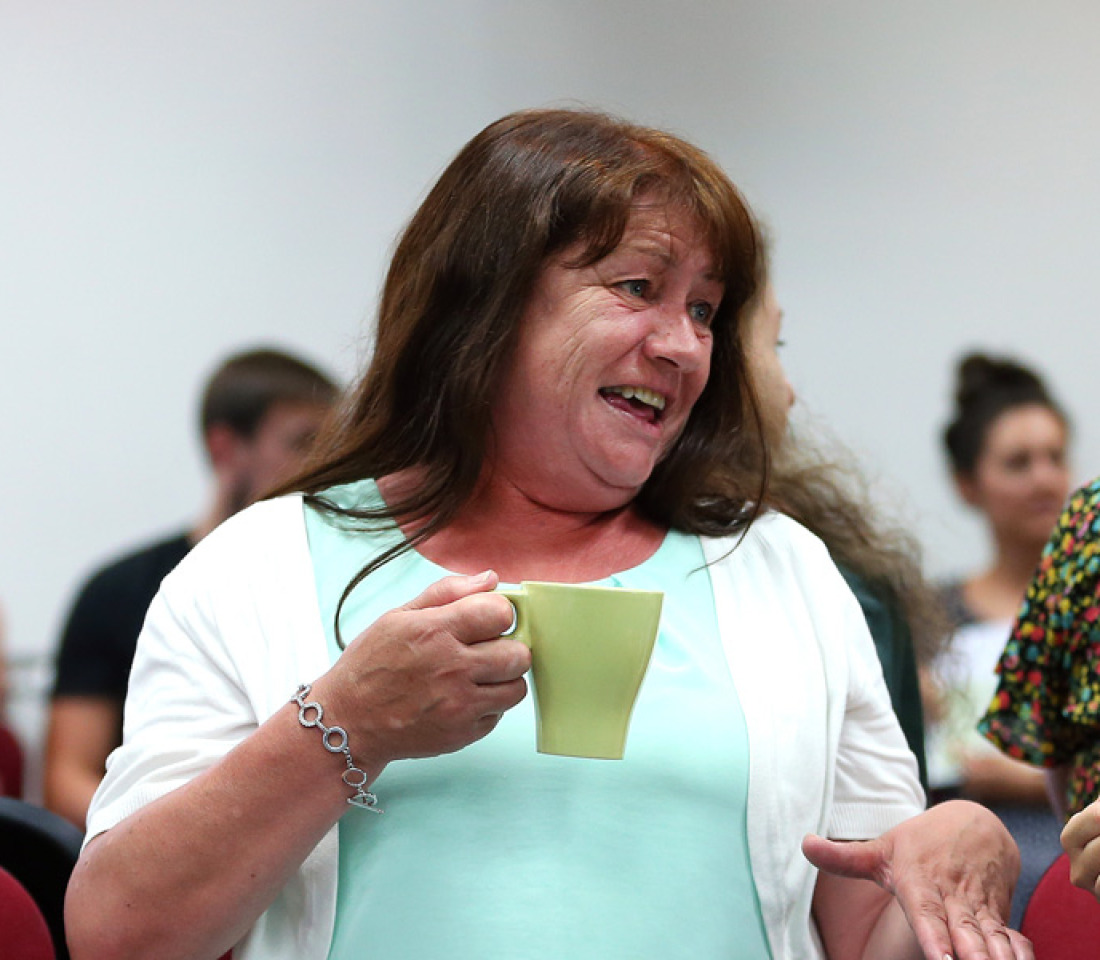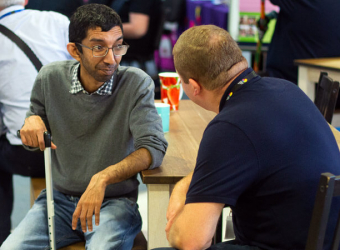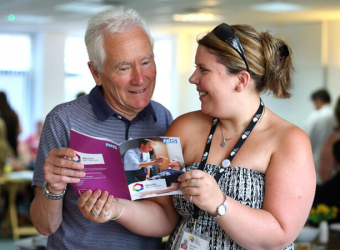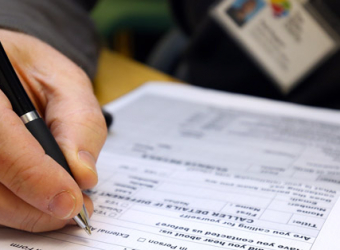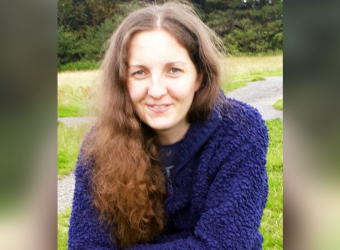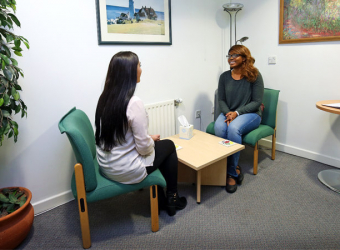What is epilepsy?
Epilepsy is a brain condition which causes frequent and recurrent seizures.
Seizures are bursts of electrical disturbance in the brain, which affect the signals sent to the body.
What causes epilepsy?
Epileptic seizures affect everyone differently, and can be triggered by many factors, including stress, lack of sleep and exhaustion, waking up, alcohol, some medication, missing meals, monthly periods and flashing lights.
It is not known what causes epilepsy, but it is believed it could be partly caused by genes affecting how the brain works.
Occasionally, it can be caused by damage to the brain, as a result of:
- Stroke
- Brain tumour
- Brain infection
- Serious head injuries
- Lack of oxygen during birth
- Drug abuse or alcohol misuse
What are the symptoms of epilepsy?
Typically, a seizure may last from a few seconds to a few minutes. There are many different types of seizure, depending on which part of the brain is affected. These include:
- Simple partial/focal seizures: where the person remains awake and aware and experience strange sensations, feelings, smells, tastes, tingling and stiffness
- Complex partial/focal seizures: where the person loses awareness and make random body movements such as smacking the lips and rubbing the hands
- Tonic, clonic and tonic-clonic seizures: during the tonic stage, the person loses consciousness, goes stiff and may fall to the floor. During the clonic stage their limbs jerk, they may bite their tongue or cheek, lose control of their bladder or bowel and have difficulty breathing
- Absense seizures: where the person loses awareness of their surroundings & may stare into space or flutter their eyes
- Myclonic seizures: a very brief seizure where the body suddenly twitches or jerks like an electric shock
- Atonic seizures: these cause all the muscles to relax, so the person may fall to the ground
- Status epilepticus: the name for any seizure which lasts a long time, or a series of seizures where the the person does not regain consciousness in between. This is a medical emergency and 999 should be called.

